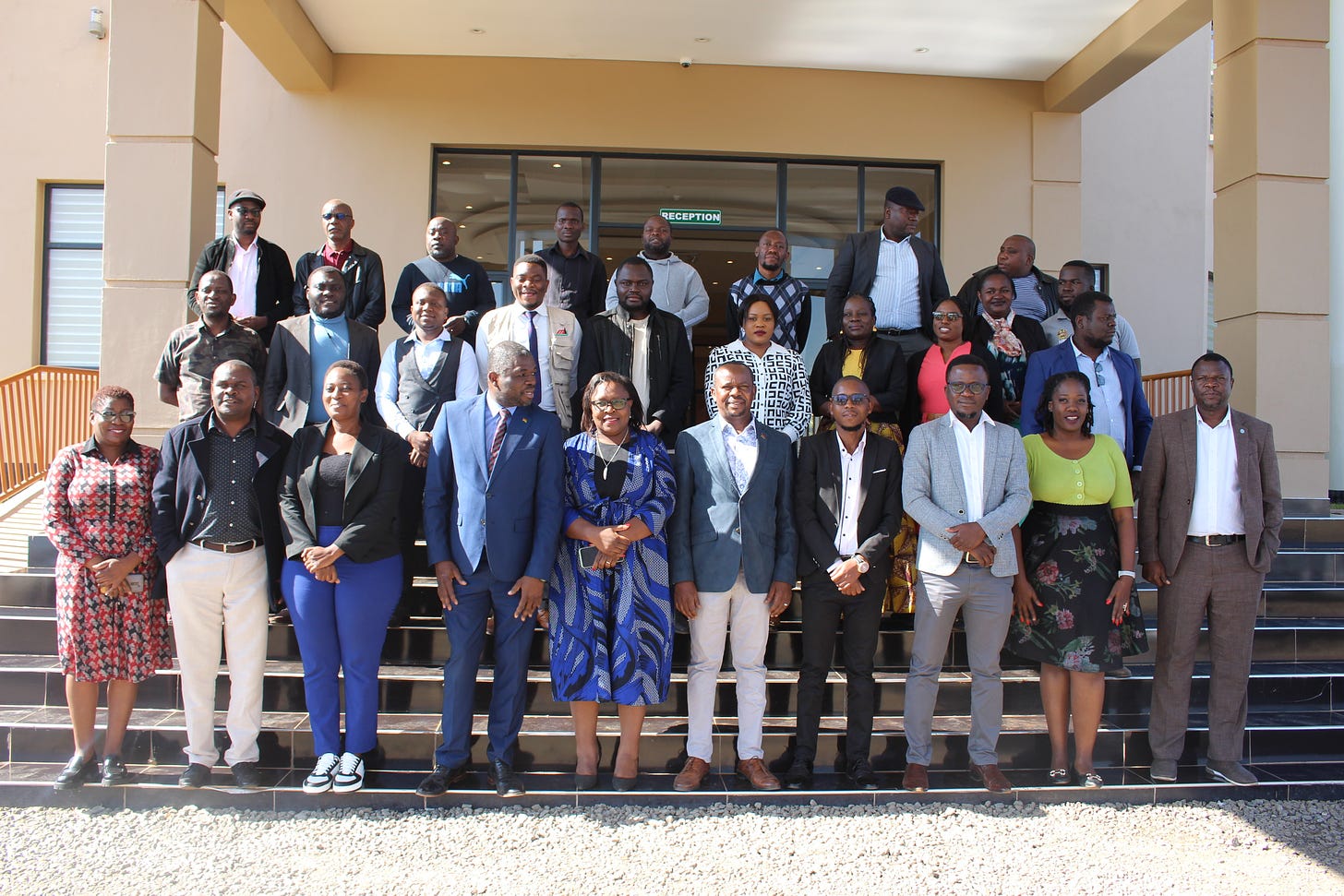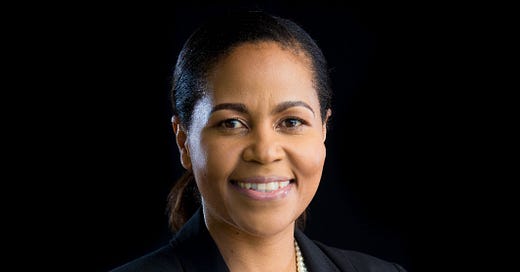
Malawi Pushes for Universal Birth Registration Amid Ongoing Challenges
The success of Malawi's ambitious registration drive could serve as a model for other developing nations grappling with similar challenges in civil registration.
DOWA, Malawi — In a significant push to modernize its civil registration system, Malawi is embarking on an ambitious campaign to register millions of children and provide them with official birth certificates, a move officials say is crucial for protecting rights and improving governance, writes Winston Mwale.
The National Registration Bureau (NRB) of Malawi, grappling with a legacy of incomplete records, aims to close a substantial gap in its birth registration system.
According to Rhodric Langwe, Chief Registration Officer at the NRB, approximately 7 million Malawians under the age of 16 currently lack birth certificates or any form of legal identity documents.
"Birth registration is the gateway to the enjoyment of all children's rights," Langwe stated during a media engagement event in Mponela, Dowa district.
"Without a legal identity, children remain invisible, unprotected, and at heightened risk of statelessness."
The push for universal birth registration aligns with international commitments, including the United Nations Sustainable Development Goals, which call for providing legal identity for all by 2030.
Malawi's efforts are part of a broader initiative to strengthen its Civil Registration and Vital Statistics (CRVS) system, which encompasses the recording of births, deaths, and marriages.
Despite progress, with 67% of births registered in 2023, significant challenges remain.
Death registration lags behind at only 27%, highlighting the disparities in the system's coverage.
The NRB is piloting innovative approaches, including verbal autopsy techniques in Mchinji and Blantyre districts, to improve death registration and cause-of-death data collection in communities.
The government's strategy includes a National Birth Registration Campaign (NBRC) to address the backlog of unregistered children.
A pilot exercise in 2022 successfully registered 619 children in three districts, providing a template for the nationwide campaign slated to follow a national ID mop-up exercise.
Experts emphasize the multifaceted benefits of a robust CRVS system. Beyond legal protections for individuals, it provides critical data for policy-making, resource allocation, and monitoring national development plans.
"Civil registration data is the best source of vital statistics if it is accurate and complete," Langwe explained, underscoring its superiority over less frequent census data and sample-based surveys.
However, the initiative faces significant hurdles.
Public awareness remains low, and the program heavily relies on donor funding, raising questions about long-term sustainability.
The NRB is calling on media outlets to play a crucial role in educating the public about the importance of civil registration.
As Malawi strives to modernize its CRVS system, the country is also preparing to release its first Vital Statistics report, jointly produced by the National Statistical Office, NRB, and Ministry of Health.
This milestone, expected in August 2024, will provide unprecedented insights into the nation's demographic trends.
The success of Malawi's ambitious registration drive could serve as a model for other developing nations grappling with similar challenges in civil registration.
As the country moves forward, the eyes of the international community will be watching to see if Malawi can overcome its historical registration gaps and provide every citizen with the fundamental right to a legal identity.










